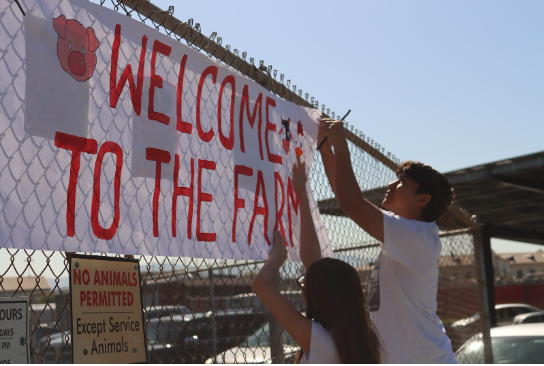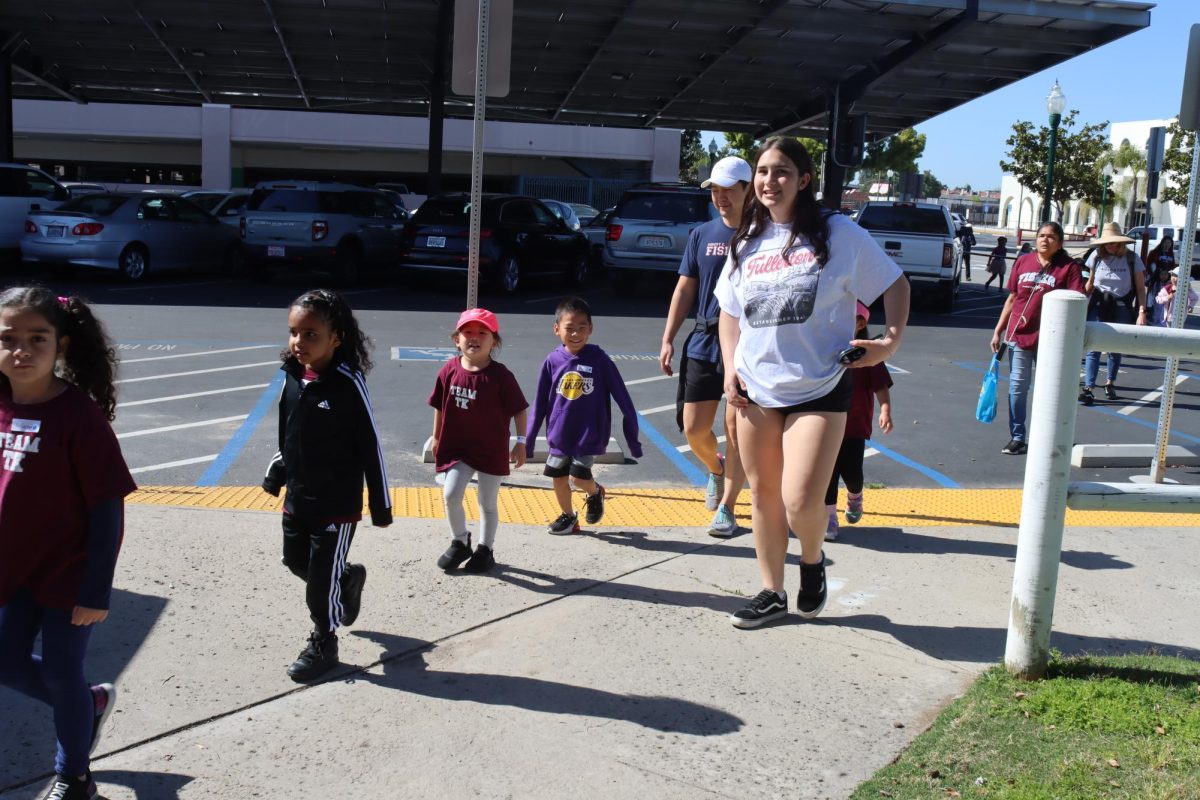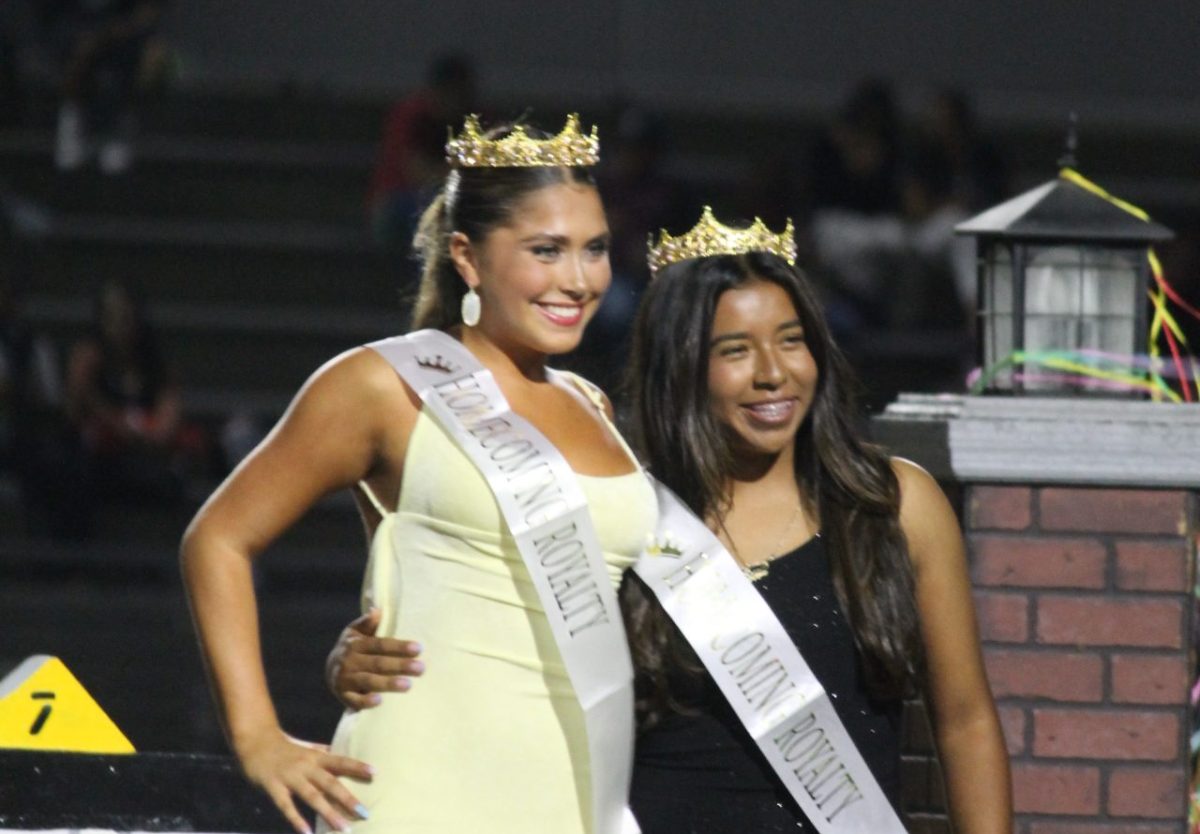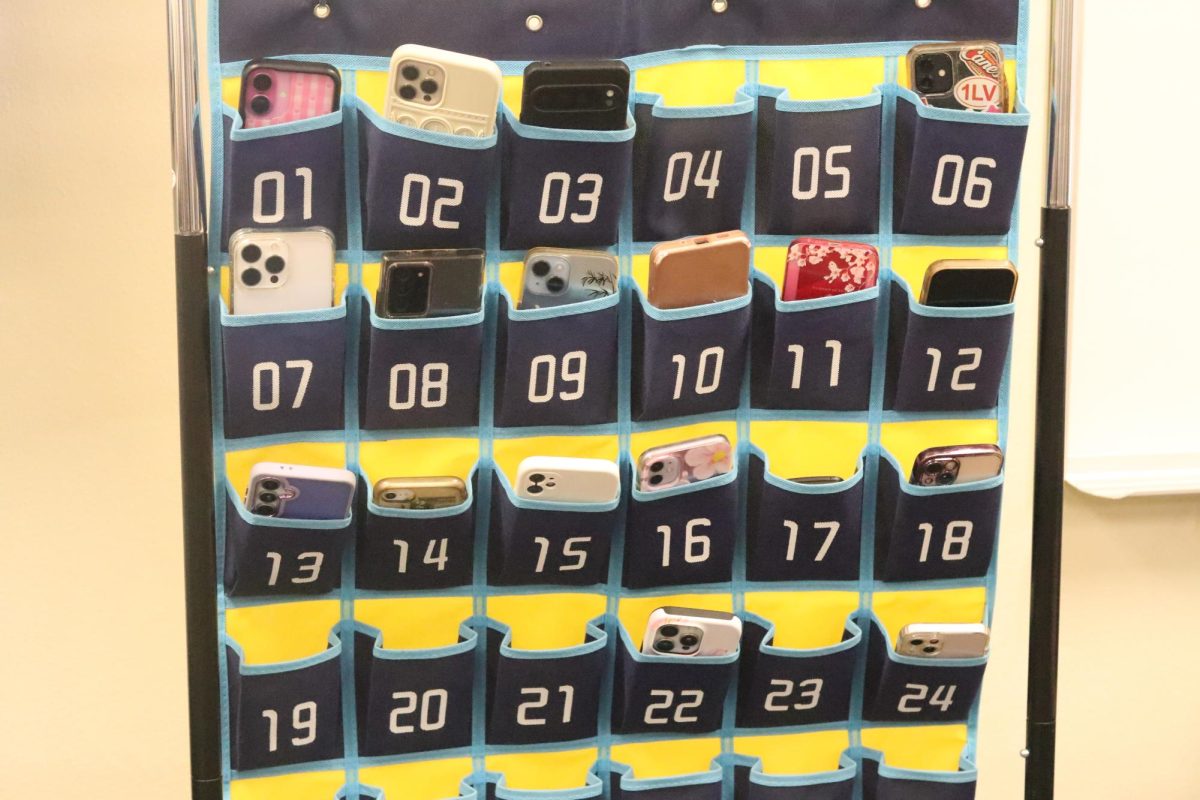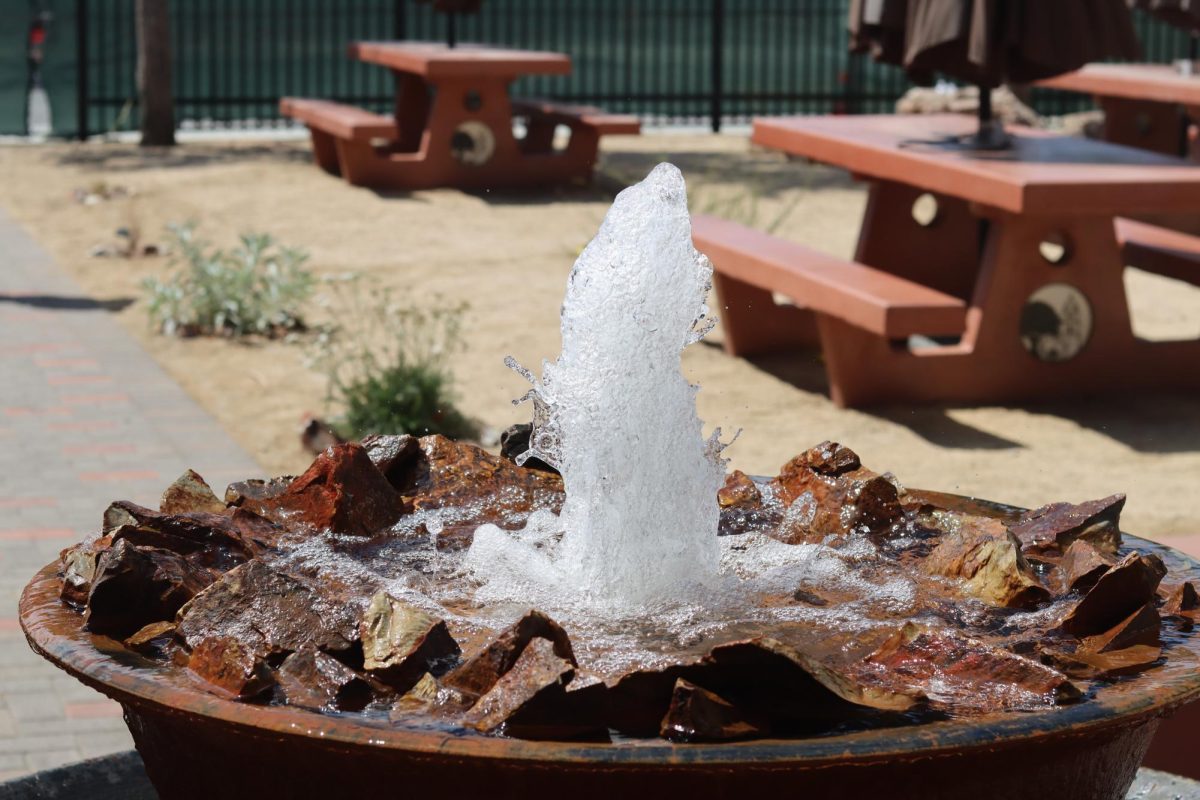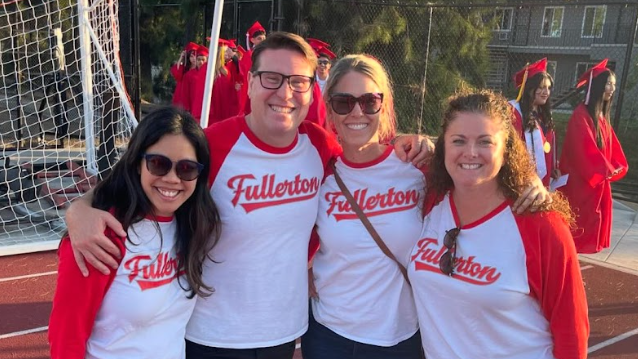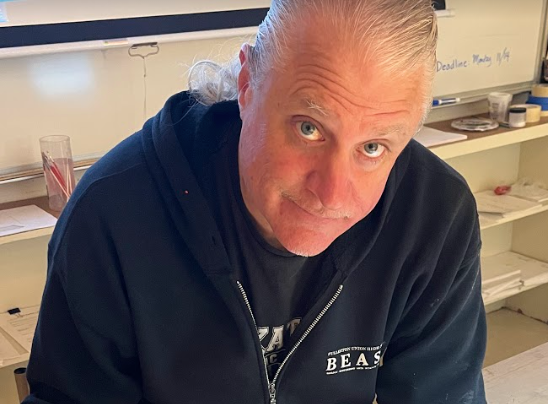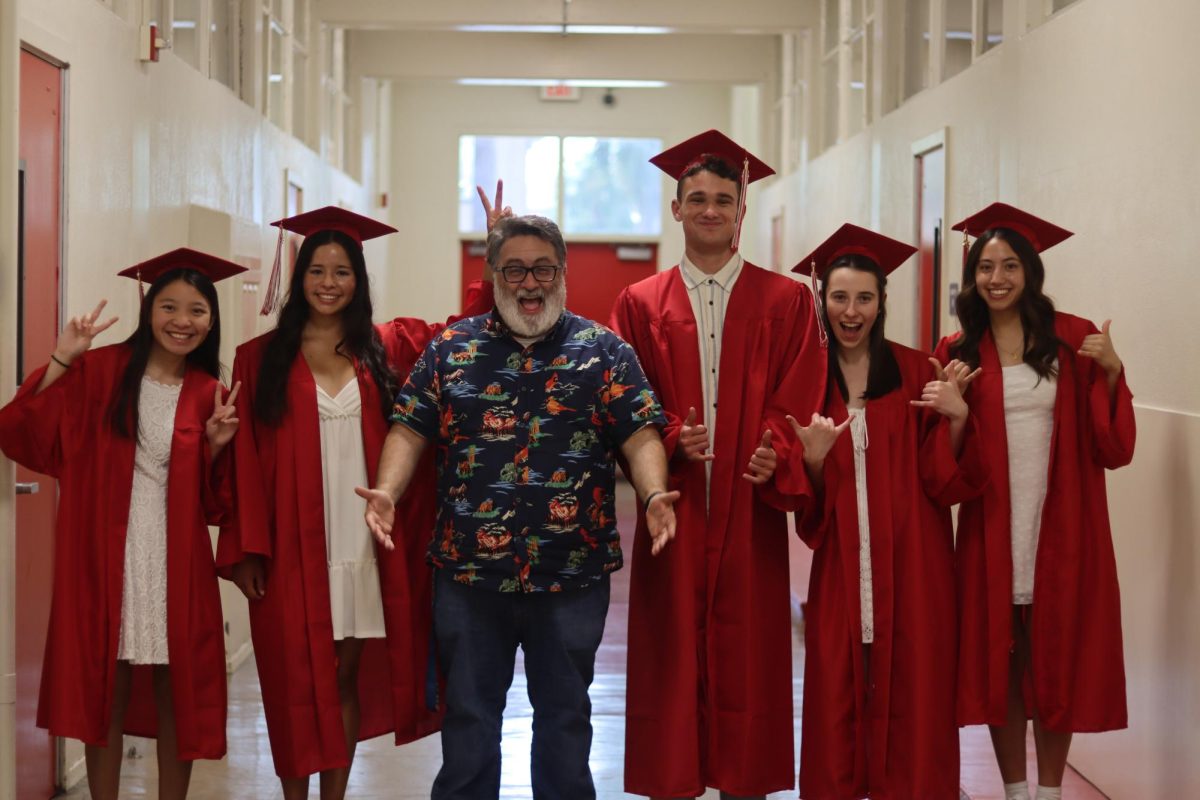Freshman Sophia Sosa has strong ties to the agricultural community. Her grandparents grew up in Chapala, Mexico where they raised cattle and horses.
“My dad grew up there too, waking up early to milk the cows and work on the farm, the harvest, the crops and all of that,” Sosa said.
So, when Sosa’s family moved to Fullerton from Chapala, her grandpa continued to work with animals as a farmhand on the FUHS farm while her dad also attended FUHS as a student.
“My dad did Future Farmers of America all four years and he competed in FFA competitions. He has awards too,” Sosa said. “He was also an FFA officer. He was a Sentinel.”
Fullerton’s FFA chapter was established over 80 years ago. A lot has changed but through generational ties FFA has been able to stay a tight-knit community
Junior Charlotte Meek is a part of such ties. Her parents and grandparents were once a part of Fullerton’s FFA program. ¨We’ve always kind of had a background in it,” said Meek who has kept the family tradition as the FFA secretary and will be next year’s sentinel where she will assist the president in maintaining order and prep the meeting rooms. She also has won first place in cooperative teams at the Orange section competition and placed as the fourth highest individual.
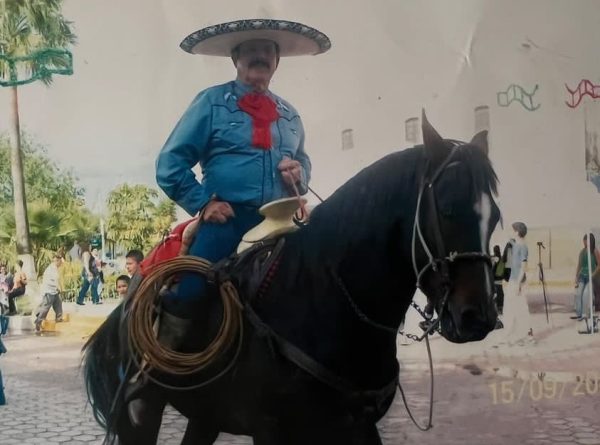
Meek also says that FFA has helped her understand business.
“Because it’s not just about farming, it’s a lot about finances and how that stuff works too. So it’s very broad,” she said.
Senior Owen Fulton did not know about FFA until 8th grade.
“However I did kind of grow up around a farm since my dad owned miniature horses and regular sized horses but mostly stuck to the miniature horses and showed them.”
So, Fulton decided to try something new and take a agricultural class.
“In my freshman year, I raised a fair pig and I was really shy in the beginning,” Fulton said. “Throughout the years of me being in agriculture, it helped me become more social which helped me grow the confidence I needed to run for an office role.”
This does not mean, however, a family background is required to join FFA. Senior Mary Weber has always loved animals but did not have family ties to agriculture
¨I was super shy as a freshman, so it was definitely an adjustment, but then I became an officer being the historian my sophomore year,¨ said Weber, who, as historian, prepared chapter history and submitted history. Last year she was vice president, and then this year she was president.
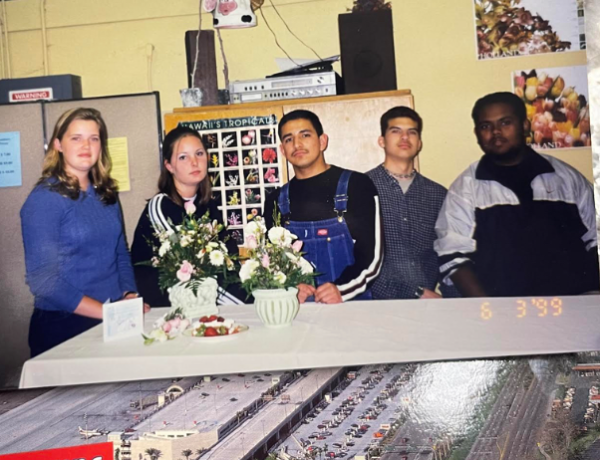
“There are a lot of students here who don’t have agricultural backgrounds. Some of my friends have never even owned pets or animals or grown plants and they love the program,” Sosa said “It’s actually helped them be introduced into this whole other side of agriculture.”
FFA’s community also isn’t limited by its schools borders. Agricultural teacher Jennifer Kuhns has been teaching for 26 years and taught Sosa’s dad spoke about her colleague Shannon Alcott about their time in FFA
“I went to Costa Mesa High School, she went to Buena Park High School, but we were section and region officers together,” Kuhns said “So we have worked together since we’ve been teenagers”
Most likely when you think of a farmer you will think of the dirt farmer.
“They’re thinking of people dragging around a plow and planting wheat or whatever they’ve seen on TV and they have no idea the science behind it,” Kuhns said. “It’s the original science.”
According to the US Department of Agriculture over 22 million or 10% of the United States population is in some form of agriculture work but only 2.5% of the United States population is the traditional farmer you would think of.
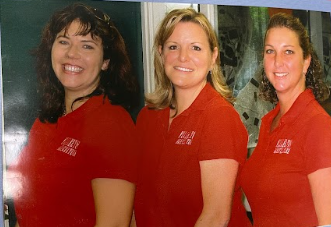
“Farming has become a lot more than just dragging a horse around. Think of all the different types of tractors, GPS and drones they’re now even doing retinal eye scanning in dairy cows,” Kuhns Said “I mean think of the genetically modified foods that are fighting to feed the world. They are making tomatoes that can grow in the desert, making crops that can grow with low water to send to countries that have drought and famine and they are even working on vaccinated bananas to send to places like Africa to vaccinate children.”
According to the FFA California National Foundation FFA serves over 360 Californian high schools which means only around 27% of high schools in California have such a unique program and even less have an on site farm like Fullerton. The opportunity is unlike any other for whoever is willing to try.
“Where else are you going to get this opportunity?” Kuhns said. “We are so fortunate to be able to offer this opportunity whether you’re into animals, plants, construction, environmental sciences, or want to learn to make pickles. We have the facility and we have the classes that, even if students only take the class for two years, they have exposure to something that they would never have the opportunity to do.”
“Agriculture is the science of the future,” Kuhns said. “One thing every human is not going to do is stop eating and our population is exploding. Our science has to explode just as fast, or the world will explode.”
Click below to see more photos:

